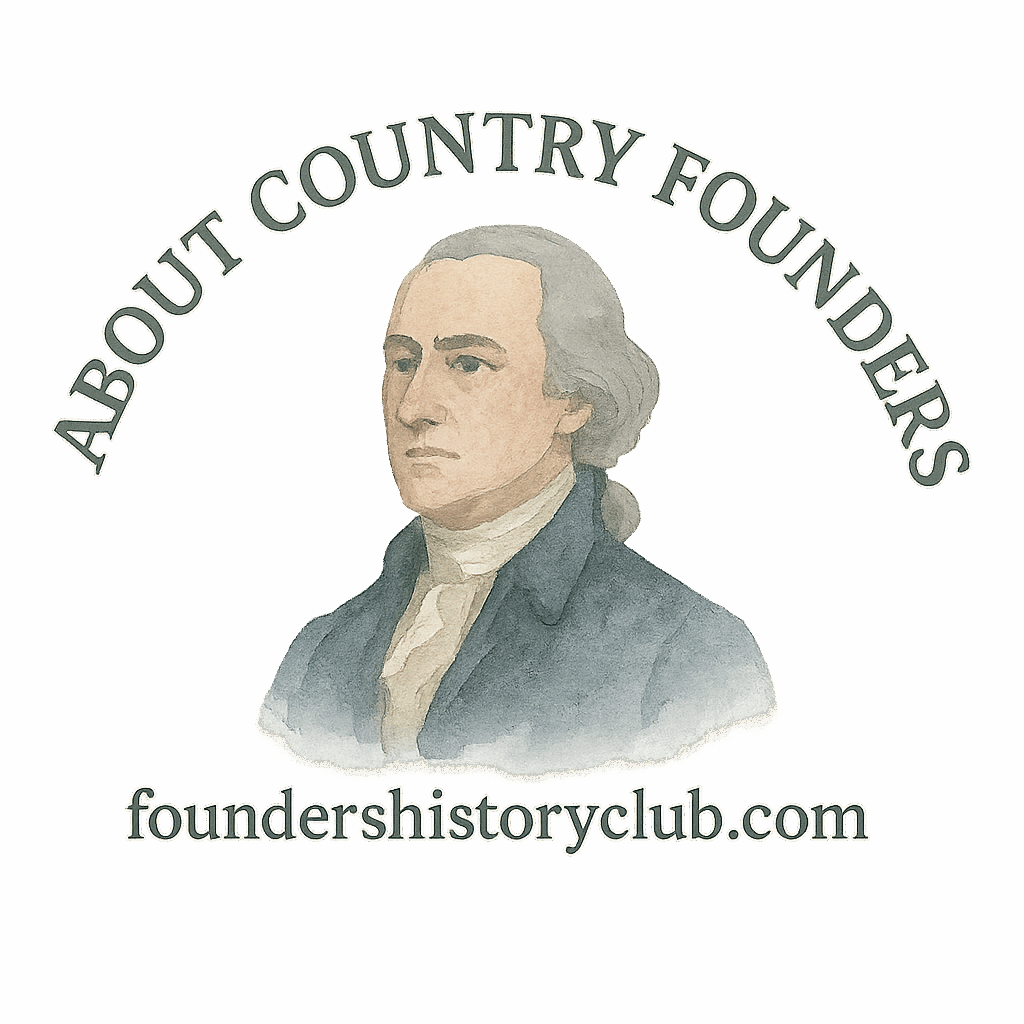Introduction
Ever wondered how the great minds that shaped entire civilizations compare? In this deep dive, we pit East vs. West—comparing 10 monumental founders and their ideologies. This is more than just names and dates—it’s a reflection of how culture, governance, and values took root across continents. We’ll explore ideological divides, foundational beliefs, and the lingering impact of these titans.
Understanding Founders and Their Significance
Who Are Founders?
Founders are individuals who either established or redefined the core principles of a nation or civilization. They didn’t just build borders—they built belief systems. At Founders History Club, we define founders as figures whose legacy continues to influence modern governance, education, and cultural memory.
Why Compare East and West?
The East and West have distinct cultural DNA. While the East often emphasizes harmony, community, and spiritual balance, the West tends to prioritize logic, freedom, and individual rights. Comparing them gives us insight into how deeply ideology affects history, and why founders matter now more than ever.
Ideological Roots: East vs. West
Philosophical Foundations
Confucianism and Eastern Harmony
Eastern ideologies are often anchored in Confucianism, Taoism, and Buddhism. Confucius believed that societal order stems from moral virtue and respect for hierarchy. This approach birthed dynasties, empires, and entire educational systems, still discussed on platforms like education-legacy.
Western Enlightenment and Rationalism
Western ideology draws from Ancient Greek philosophy, Judeo-Christian values, and the Enlightenment. Thinkers like Locke and Rousseau stressed liberty and individual rights—principles that drove revolutions and shaped democratic constitutions, often explored under governance.
Religion and Spiritual Influence
Religion shaped both sides profoundly. Eastern founders often intertwined spiritual principles with governance, while Western founders leaned into secularism post-Enlightenment.
Top 10 Founders Compared
1. Confucius (China) vs. Socrates (Greece)
Both philosophers laid the groundwork for education and ethics. Confucius stressed societal harmony; Socrates championed questioning norms. Their methods differed, but both aimed at moral upliftment.
2. Ashoka the Great (India) vs. Alexander the Great (Macedonia)
Ashoka turned to Buddhism and promoted peace after a brutal conquest. Alexander kept conquering. One embraced internal reform; the other external domination. Their impact spans early history to modern statecraft.
3. Genghis Khan (Mongol Empire) vs. Julius Caesar (Rome)
Both expanded their empires through military prowess. Genghis Khan emphasized meritocracy; Caesar centralized power. Their leadership styles remain studied in both ancient countries and modern military academies.

4. Tokugawa Ieyasu (Japan) vs. George Washington (USA)
Tokugawa ended civil war in Japan, ushering in 250 years of peace. Washington refused to be king, solidifying democracy. Both founders changed history but took opposite routes.
5. Sun Yat-sen (China) vs. Thomas Jefferson (USA)
Sun Yat-sen modernized China with a blend of nationalism, democracy, and socialism. Jefferson penned the Declaration of Independence. Both envisioned governments rooted in people’s rights, a theme explored under independence-leaders.
Governance and Political Vision
Eastern Collectivism vs. Western Individualism
In the East, the group often comes before the self. The West flips that equation. This fundamental difference affects laws, policies, and even daily life.
Monarchy vs. Democracy
Many Eastern founders led monarchies or dynasties, focusing on continuity and stability. Western founders often pushed for democracy or republicanism, emphasizing change and citizen participation. Learn more at constitutional-monarchs.
Education and Legacy
Knowledge Transmission
Eastern founders set up civil service exams and monasteries; Western founders built universities and academies. Education was power—just wielded differently.
Long-Term Cultural Impact
Founders become legends. Their birthdays are celebrated, their words quoted, their statues built. Sites like founders-birthdays and founder-statues capture these ongoing tributes.
Cultural Memory and National Identity
Statues, Symbols, and Celebrations
Every nation tells stories about its founders. From Washington’s monuments to Ashoka’s lion pillar, these symbols reinforce national identity. See more at monuments.
Public Holidays and Memorials
Founders’ Days, Independence Days, and national holidays often commemorate these figures. Such holidays are entry points into deeper discussions of identity and cultural memory.
Influence on Modern Governance
Constitutional Influence
Jefferson and Sun Yat-sen both left behind constitutional models. These blueprints continue to influence modern debates around governance and comparative politics.
Revolutionary Inspiration
The American, Chinese, and French revolutions all had founders who ignited change. Their ideals are cited by modern movements seeking justice, independence, and reform. Dive deeper at revolutionary-founders.
Conclusion
So, East vs. West—is one better? Not really. What we see is diversity in thought, action, and legacy. Founders, regardless of origin, shaped the world in ways we still feel today. Whether it’s Confucius’ teachings or Jefferson’s documents, each has left a mark. Learning from them isn’t about choosing sides—it’s about understanding the mosaic of history.
FAQs
1. What defines a founder in historical terms? A founder is someone who establishes the foundational principles of a nation or civilization.
2. Why compare Eastern and Western founders? To understand how different cultures shaped their governance, values, and education systems.
3. Which founder promoted peace after war? Ashoka the Great, after the Kalinga War, turned to Buddhism and nonviolence.
4. Who influenced modern democracy the most? Thomas Jefferson is a key figure in shaping democratic ideals in the West.
5. Are founders still relevant today? Absolutely. Their philosophies influence modern law, education, and governance.
6. Did any founders reject power? George Washington famously rejected kingship, setting a democratic precedent.
7. Where can I learn more about global founders? Visit Founders History Club for deep dives into founders across eras and continents.


